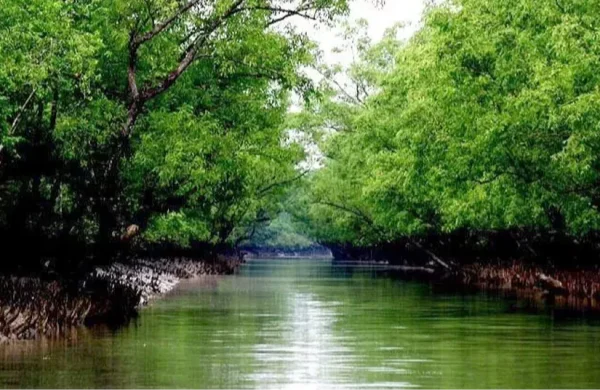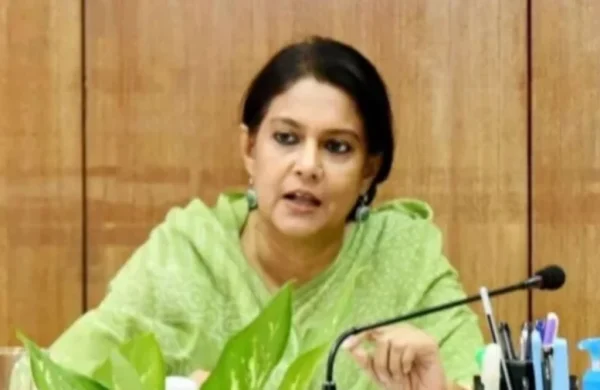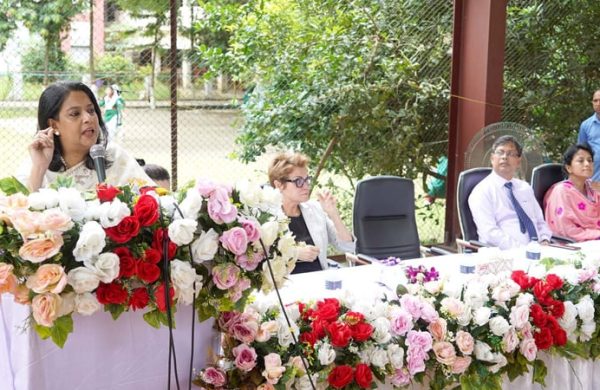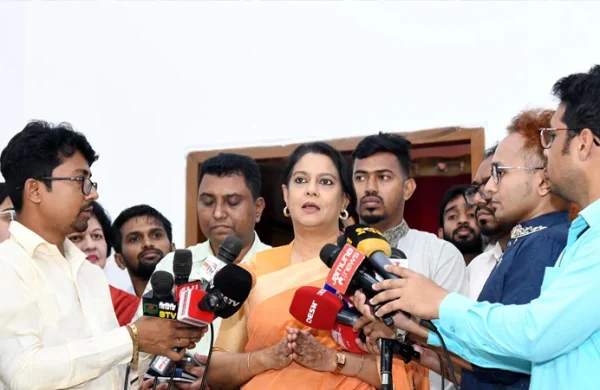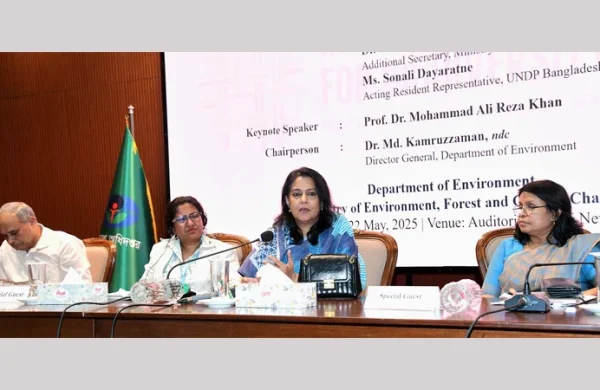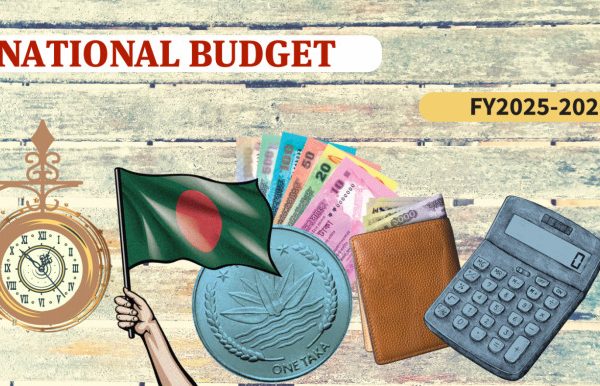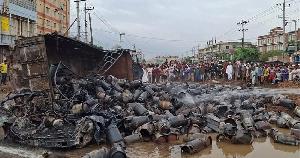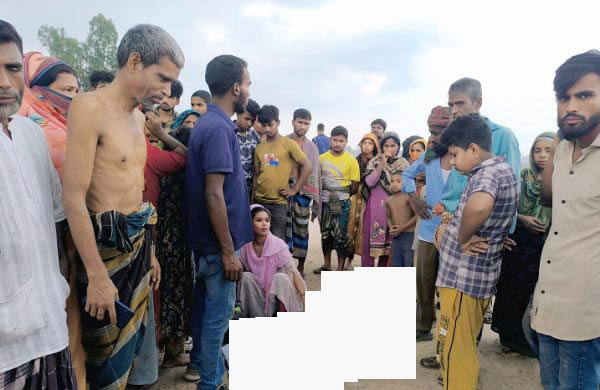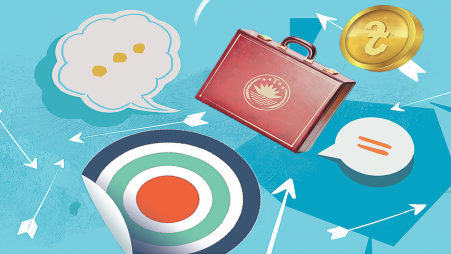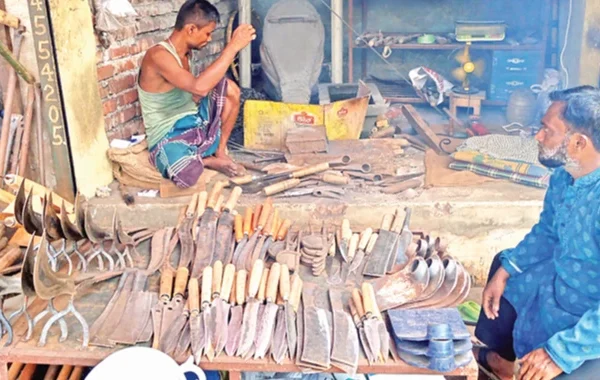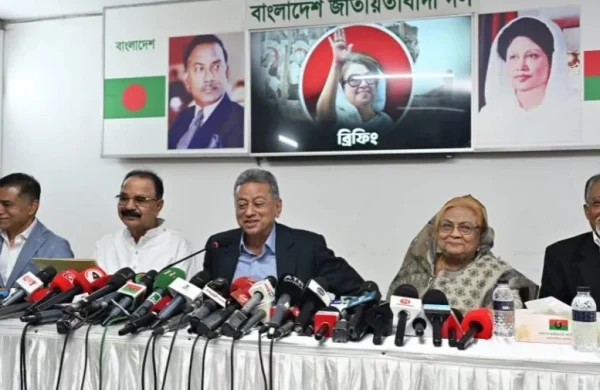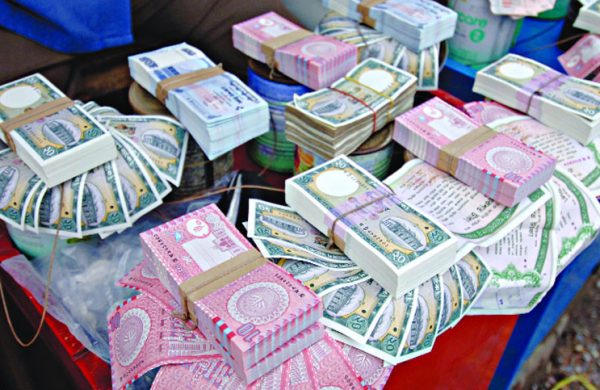Better plastic waste recycling mechanism needed to save environment
- Update Time : Monday, June 10, 2024
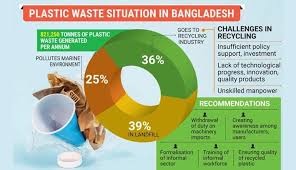
TDS DESK:
Bangladesh needs to improve its plastic waste recycling mechanism in order to protect the environment and make the plastic sector sustainable, said experts and industry people.
They said this would also help the country generate more revenues and earn more foreign currencies from the sector.
Industry people, however, think that the government should withdraw duty on the import of machines used for plastic waste recycling to attract investment in the sector.
Talking to , Bangladesh Plastic Goods Manufacturers and Exporters Association (BPGMEA) President Shamim Ahmed said they need an industry-friendly policy to attract investments.
“We expected duty exemption, and low cost financing for the waste recycling industry to attract more new investments in the proposed budget for fiscal year 2024-25 but our demands were ignored here. This decision will create an impact on investments and employment generation in the sector,” he also commented.
Federation of Bangladesh Chambers of Commerce and Industry Senior Vice President Md Amin Helaly said Bangladesh has a huge scope to export plastic products.
“All manufacturers and users have to be aware of the industry to protect the environment. It can be included in education to build awareness for future generations,” he stressed.
Resources from waste:
A survey by Professor at Department of Chemical Engineering of Bangladesh University of Engineering and Technology (BUET) Kazi Bayzid Kabir found different challenges in the plastic industry.
The challenges include lack of sufficient policy support, investment, technology, skill manpower, innovation, and quality products.
He opined that Bangladesh needs to create awareness among people so that they do not throw plastic products here and there, and manufacturers should ensure compliance to attract foreign buyers.
He believes the users should use separate bins at homes and industry units for plastic products for recycling.
The industry people said plastic wastes can be used to make polymer modified bitumen to construct roads, thus lowering the requirements of bitumen.
Experts suggested formalisation of the informal sector, targeted training of the informal workforce, ensuring quality of recycled plastic resins and products through policy level intervention, supporting the market for recycled plastics through policy interventions, and funds for facility development to support the recycling sector.
According to Professor Kazi Bayzid Kabir, plastic wastes total 821,250 tonnes per annum in Bangladesh.
Of this, 36% wastes go to the recycling industry, 39% to landfill and 25% remain in the leakage/unattended which goes into the marine environment.
His recent survey found that daily waste generation rate in Dhaka city is 6,464 tonnes while plastic waste collection clinches 646 tonnes per day, landfilled 310 tonnes, recycled 239 tonnes, ends up in waterbody 78 tonnes, and dumped in drains 19 tonnes.
Prof Kabir found that 16.72% males are unskilled in technical issues of recycled plastic product manufacturing while 54.41% females unskilled. The rest of the people were found skilled in the sector.
“Bangladesh’s domestic market of plastic products worth Tk40,000 crore in 2022. The country’s per capita plastic consumption is 9 kilograms and in Dhaka it is 24 kilograms. There are 5,500 factories generating 20 lakh jobs in the sector, he said.
A vibrant and profitable business:
According to the Export Promotion Bureau (EPB), Bangladesh exported plastics products worth $209.86 million in FY 2022-23. The exports increased 16.39% during the July-May 2024 period over
July-May 2023. Prof Kazi Bayzid Kabir said the production of plastic products from recycled plastics is a vibrant and profitable business.
“But recycled resins are produced mainly by the informal sector in small to medium scale industries. The sector should be formalised to boost the industry”.
“There are some challenges including unskilled workforce, operation without approval from proper authorities, and insufficient policy-level support.”
He added, “Recycling industry needs to be strengthened for reducing environmental burden and promoting new products using recycled plastics.”
Dr Kabir said standard recycling of waste plastics is collecting, sorting, washing, grinding, and flakes.
These recycling items can return on investment for footwear, bucket, mug, jewellery box, waste bin, file cover, switchboard, toys (cars), plastic tools, fan blades and so on.
He added that there are also weaknesses and threats in this sector.
The products from recycled resin are of inferior quality (and gradually worsening with further recycle – downcycling). With many entrepreneurs entering the market, the shortage of recycled resin will be the principal threat, he said.
“We must move to degradable materials” he stressed, adding that the demand for plastics products increased due to durable, lightweight, and resistant to corrosion and spoilage, easy shape and colourful items, cheaper than other products.
He suggested Incentives are needed to improve this sector through cross subsidy – imposing small tax on virgin resins to provide tax relief for recycled resins, introducing extended producer responsibility (EPR) to make more waste plastics available for recycling and recovery.
Dr Kabir also emphasised setting up plastic quality testing/certifying laboratories, and establishing a separate training institute or strengthening BIPET for recycled plastics and recovery options.
He said, “There is an existing mechanical biological treatment plant at Saligao, North Goa, India, with 100 tonnes per day capacity that is increased to 250 tonnes per day now.”
Wonder Plastic Industries proprietor Yusuf:
Ashraf urged the government to withdraw duty on the import of machines which are used for plastic waste recycling to attract investors.
“Recycled products are sold around 30% less than virgin items,” Dr Kabir said. He underscored the need to stop corruption on roads to boost the sector.



